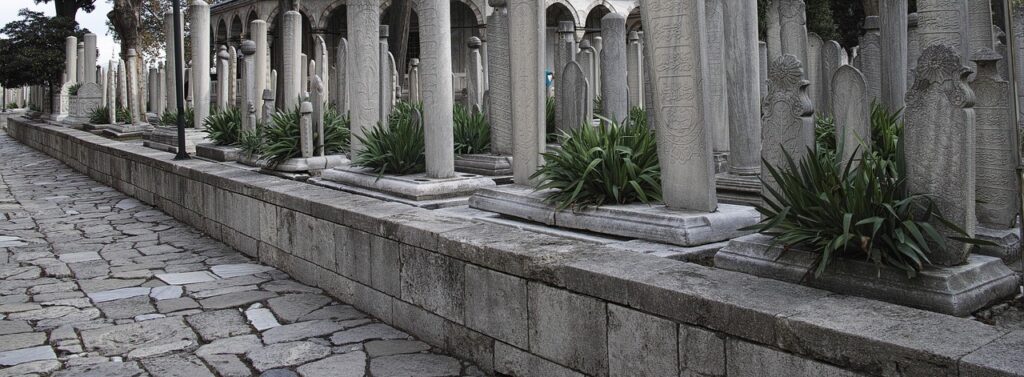Invocation – Dua for the Deceased in Islam

Invocation – Dua for the Deceased in Islam In Islam, the invocation, or “du’a” in Arabic, is a cherished act of communication between believers and Allah, the Almighty. One pivotal moment to make such invocations is upon the passing of a loved one. The prayer for the deceased is laden with mercy and blessings, aiming […]

